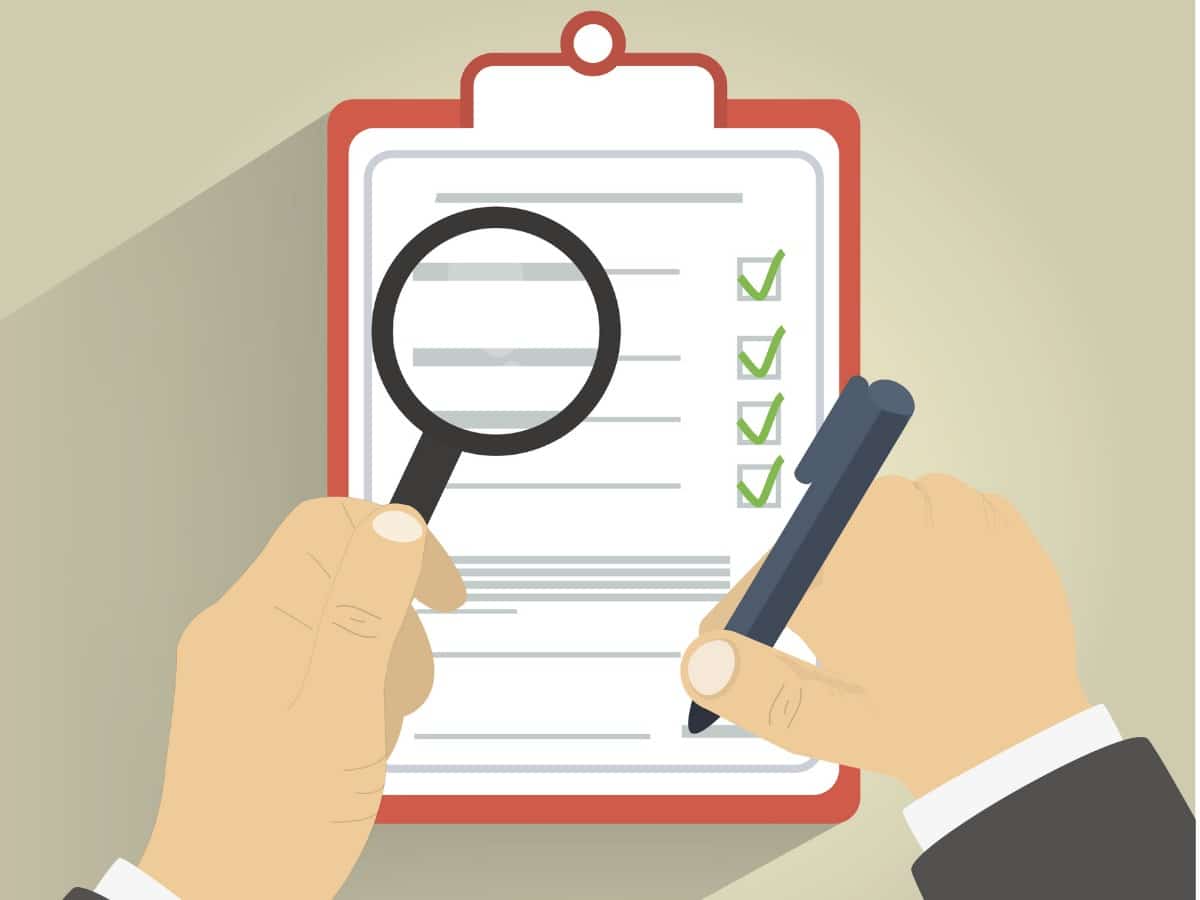Fraud Awareness
Unfortunately fraudsters and scammers have become increasingly common in our market. No longer limited to bigger cities, these people are targeting individuals right here in our community. As a financial institution, it is our job to educate consumers about fraud because it comes in all shapes and sizes. Whether you are receiving money through a transaction made through the internet, mail or phone, and a check is involved, it is best to take precaution before spending that money.
How To Identify Check Fraud
Consumers often assume that when they take a check to their bank or credit union and they cash it, the check must have cleared the issuing bank and the money is okay to spend. Depending on your banking relationship and the amount of the check you want to cash, your own check cashing habits or behavior and how much your have in loans and deposits with your financial institution, the check you are cashing may never be questioned by the teller. Phony checks are often so realistic looking that even bank and credit union tellers can be fooled. While the names of the companies that appear on the checks may be legitimate, the checks may have been fraudulently created without the real company’s knowledge.
It is crucial that you do your due diligence to ensure you don’t become a victim of check fraud. If you answer “yes” to any of the following questions, you may be susceptible to fraud.
- Was the check from an item that was sold on the internet?
- Was the amount for more than the selling price?
- Was the check sent via overnight delivery (i.e. FedEx)?
- Was the check drawn on a business or individual account different than the person buying the item?
- Were you instructed to wire or send money as soon as possible to another city or country?
- Has the communication with the person only been through email?
- Did the email communication start in response to a job offer?
Fraud Red Flags
Other ways fraudsters will attempt to get money or personal information from you is over the phone, via email or online. Be aware of who you are dealing with. Never give out your information through these channels unless you know who you’re communicating with. Even when you believe you know who you’re dealing with, look for clues that may indicate otherwise. Clues like this may include:
- A typo in the subject line, body of the email or URL
- Extra letters or numbers in the URL you’re visiting or transposed letters/numbers
- Grammatically incorrect text
- Threats against you or your loved ones if you don’t comply with their request
- Pressure to complete a transaction
- Requests for fees
- Untraceable payment methods
Ways to Protect Yourself from Fraud
- Keep up to date on the latest scams from sources like the BBB or FBI
- Keep your personal information confidential; don’t give out information over the phone, through email or online unless you know who you’re communicating with
- Regularly change your passwords and PIN numbers
- Monitor your credit reports; this is one place where you can quickly spot unauthorized activity
- Monitor your bank accounts
- Shred unnecessary documents
- Report fraud in efforts to catch the fraudsters which may help you recuperate your losses and prevent them from selling your information
Remember, if the offer seems too good to be true, it probably is. Anyone can be a victim of fraud and knowing the warning signs can keep your personal information and money safe. Fraud is preventable if you pay attention.



